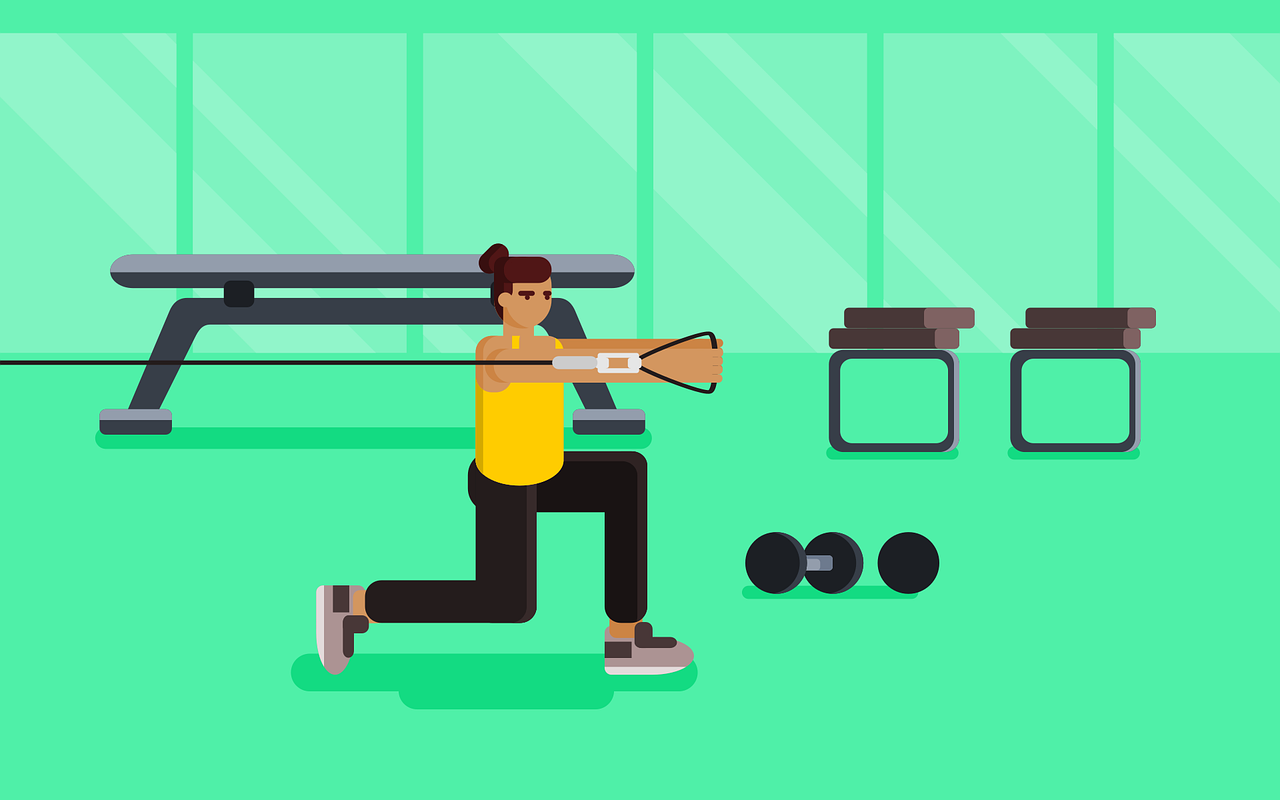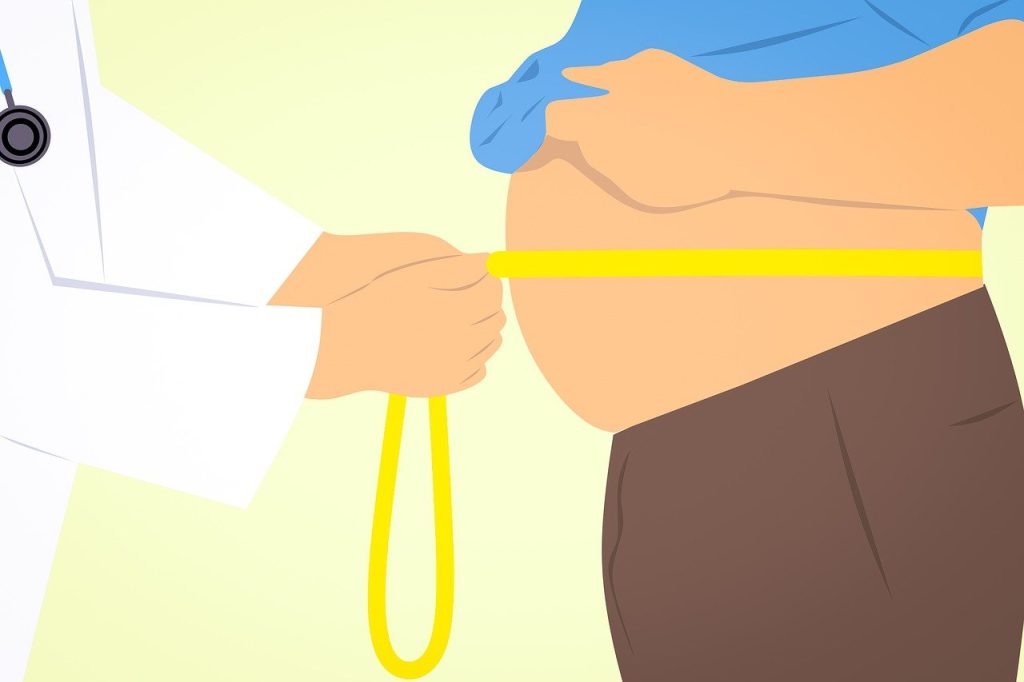More than 60% of Australian women over 18 are either overweight or obese. That’s not just a statistic – it’s a reality many live with every single day. It’s not always about overeating. It’s not laziness. It’s not a lack of willpower. Often, the real cause sits deep inside the body, beyond what most diets ever touch.
Here’s the truth no one talks about – your body may be trying to hold on to that weight. Not working against you, not broken, but protecting you. That might sound strange at first, but the female body has a long memory. It remembers trauma, stress and starvation. It adjusts.
The moment you start skipping meals or cutting back too far, it slows down to preserve what it has. This isn’t new. It’s survival. The same mechanisms that kept women alive through famines now hold onto fat in response to modern stress, crash diets, and sleep deprivation.
And it gets even more complex.
Hormones Don’t Just Fluctuate. They Shape Everything.
Every woman has felt the shift – bloating before periods, cravings that come out of nowhere, sudden fatigue. Those aren’t random. Oestrogen and progesterone don’t just control your cycle. They also decide how your body stores fat, builds muscle and even how hungry you feel.
Insulin, cortisol, leptin, ghrelin – they all interact. When one goes off track, the others follow. That’s why you can be eating “healthy” and still gain weight. It’s not what you eat, it’s how your body responds to it.
Add in perimenopause, thyroid shifts, and long-term stress… and the result is a metabolism that moves slower, gets confused and starts stockpiling instead of burning.
This is why two women with the same routine can have very different outcomes.
The Stress Factor No One Accounts For

Let’s say you’re sleeping five hours, juggling work, caring for kids or aging parents and squeezing in workouts when you can. That’s already more stress than your system can process.
Cortisol – the body’s stress hormone rises. And once it’s high for too long, your body assumes danger is near. It goes into protective mode. Holds onto every bit of fat, especially around your belly. That’s not fat from chips or cake. It’s fat from survival mode.
Even emotional stress adds up. Constant worry, burnout, feeling unsafe in your body, these all feed the same loop.
And yes, you can be working out daily and still stay stuck if your body feels like it’s in a constant state of alert.
This is why gentle movement, rest, deep breathing, all the things we brush aside actually matter.
You can find more about how chronic stress affects the body on Better Health Channel. It goes into detail in ways that are easy to understand.
Gut Health: Quiet But Powerful
This one rarely comes up in weight loss plans but it’s one of the most overlooked pieces.
Your gut isn’t just digesting food. It’s sending signals to your brain about hunger and fullness. It’s deciding how much inflammation is in your system. It even helps process hormones.
An unbalanced gut can mess up everything. It can lead to bloating, low energy, irregular hunger, poor sleep – all of which can keep the weight around.
Processed food, antibiotic history, low fibre, stress – all damage gut bacteria. And once that balance is off, your body might absorb more calories, store more fat and leave you constantly craving.
It’s not always about willpower. Sometimes your gut is pushing you in a direction you don’t want to go.
You can read more about gut health and its effect on metabolism at Healthdirect Australia. It breaks it down clearly and practically.
Eating Too Little? Yes, That’s a Thing.
Cutting calories seems logical. But your body doesn’t see logic. It sees threat.
When you eat too little for too long, your metabolism downshifts. Your body thinks food is scarce and tries to hold on to fat for later.
You lose muscle instead of fat. You feel tired. You might stop losing weight altogether.
This is especially true for women who’ve been dieting on and off for years. The body learns. It adjusts. It protects itself.
That’s why some women only start losing again when they eat more. Not junk – just more fuel. More real food. More nutrients. A higher intake of protein. Regular meals. More fat. Less obsession.
The best path forward is usually the most gentle one.
What Actually Works (And Isn’t Just Another Trend)

Forget extreme plans. Forget 1200-calorie days. Forget cutting out whole food groups. The answer is almost never in extremes. It’s in real, sustainable shifts:
- Strength training – helps increase metabolism and improves insulin response. Even two sessions a week make a difference.
- Consistent sleep – at least 7 hours. It’s not a luxury. It’s recovery.
- Balanced meals – protein, fibre, fats. Regular, not restrictive.
- Walking more – doesn’t stress the body, but keeps energy up.
- Slowing down – less pressure, more intention.
And in case you are simply unable to move on too long, or your hormones are out of balance, or the body itself simply does not react, it is time to look deeper. Longevity Clinic collaborates with women who have this type of weight resistance. They do not simply perform symptomatic testing. They check the root causes: gut, thyroid, inflammation, cortisol and assist you in developing a plan based on the way your body functions.
Such support can change everything. Still, small changes are in your power even when you are alone. Particularly, when you are consistent.
Weight Loss For Women Isn’t a Straight Line
You won’t lose the same way each week. Your energy won’t be the same every day. Some months will feel stuck. Others will move faster. That’s normal.
This process isn’t about chasing a number. It’s about giving your body what it needs to let go of what it’s holding on to.
That takes trust. That takes time. But it’s possible.
And for many women, that shift starts not with another diet but with understanding.
You can explore more science-backed advice for women’s health on the Australian Government Department of Health. It’s an excellent starting point for making sense of everything.
If you’ve tried everything and your body still isn’t responding, it’s not your fault. You’re not doing it wrong. You just might need to go deeper, slower and with more support. Sometimes that’s what works. Not the loud promises but the quiet shifts. The patient changes. The long game.
And that’s worth sticking with.





















